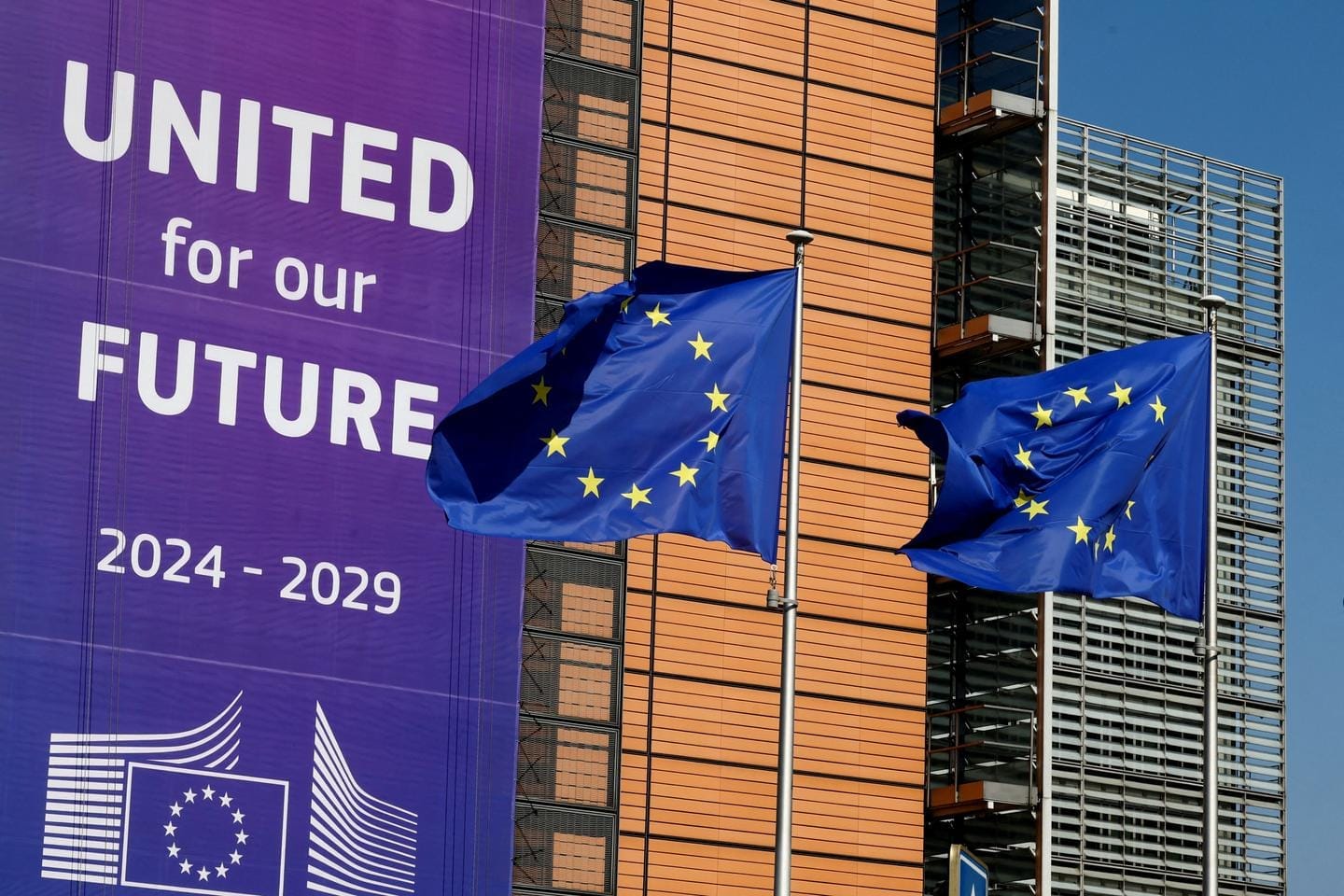The Fragmented Reality of the European Single Market for Entrepreneurs
The European Union (EU) promotes the idea of a single market. For consumers, this is largely true. However, for entrepreneurs, it remains a patchwork of national systems, inconsistent interpretations, and regulatory uncertainties. Each country applies its own tax rules, labor laws, reporting obligations, and privacy protection frameworks. Consequently, moving from Italy to France, Germany, or any other EU country rarely feels like an extension of the company’s scope. It’s more like starting over each time.
One day, we received two contradictory value-added tax assessments from the same tax office. One stated that we had overpaid. The other that we had not paid enough. When asking for clarification, the official’s response was: “It depends on who is checking.” In another case, the Italian tax authorities criticized us for transferring too much income abroad, while the German authority accused us of not transferring enough. Both demanded a correction. This lack of clarity increases risks, slows down decisions, and forces founders to dedicate their resources to resolving compliance issues rather than focusing on their customers. In a continent where failure is still often seen as a mark of infamy rather than a valuable experience, too many start-ups simply give up trying to grow.
As the United States accelerates its dominance in terms of platforms and investments in artificial intelligence, and China develops its domestic infrastructure, Europe risks remaining a political voice without any competitive base. This situation is not sustainable. The recent tensions with the United States over technology taxes and tariffs further highlight the danger of digital dependence. Europe cannot afford to delegate to foreign companies the systems that power its economy. It must build them and support them. It is time for us to no longer observe from the sidelines, but to act alongside the United States and China. To do this, we must make growth possible, not penalizing.
Enjoyed this post by Thibault Helle? Subscribe for more insights and updates straight from the source.


